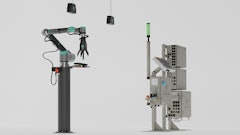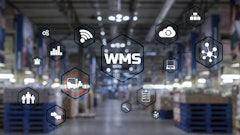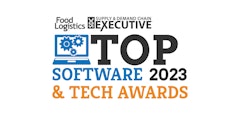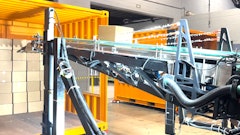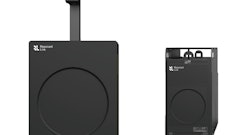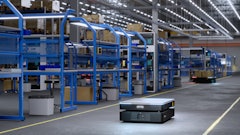The new rules require anyone who handles food to maintain records that identify the source of all food received and the recipient of all food released. Those records must include vendor and supplier contact information; type of food; brand name and specific variety; date received; date released; quantity; type of packaging; route of movement during transport; and transfer points through which the shipment moved.
Companies will have to maintain these records for up to two years and be able to supply them within 24 hours of an FDA request. Companies that cannot produce those records could face civil or criminal penalties.
How companies will keep those records is still a matter of discussion in many boardrooms across the country, but many experts feel that the U.S. food industry in general may simply have to expand on or tweak procedures already in place.
"Companies may have to maintain a little bit more information about the products they've shipped, and no question it is an additional burden on them, but they will not have to do a major overhaul of their systems," says Jesse Majkowski, a food safety consultant with Booz, Allen Hamilton.
"The FDA has acknowledged the food industry's history of already maintaining accurate records," says Susan Stout, vice president of federal affairs at the Grocery Manufacturers of America (GMA), based in Washington. "For the most part, these regulations build upon existing systems."
Adds Richard Jarman, vice president of food and environmental policy for the National Food Processors Association (NFPA), "It is important to recognize that these regulations build upon rigorous recordkeeping requirements already in place."
The one change that can be expected, according to John Gledhill, food and beverage industry director at Intentia, based in Stockholm, Sweden, is that mounting pressure from customers will eventually push the food industry toward automation in records keeping. Currently, many records are kept manually, Gledhill says, "and that is probably not as effective as it needs to be," and tends to be more expensive than automated record-keeping.
The new FDA rules also will place greater pressure on U.S. food importers, Gledhill notes. "You will have to make sure that what you import comes from somewhere that has its house in order."
The rules could also increase food prices at the grocery store checkout aisle, Gledhill says, "but I think the U.S. consumer will be willing to pay a little more if he can be assured that his food is safer."
Invariably, the role of radio frequency identification (RFID) enters into any discussion of tracking and tracing in the food supply. Experts point out, however, that RFID is not a magic bullet. Right now, the cost of RFID chips and other equipment, coupled with integration issues, make it prohibitive for large-scale tracking and tracing applicability, many experts say.
But despite largely positive industry re-action to the new rules, Caroline Smith DeWaal, food safety director at the Center for Science in the Public Interest, criticizes the Bush Administration for "significantly watering down" many of its anti-bioterrorism rules "under pressure from the food industry."
"The FDA's new record-keeping requirement is a modest improvement, but nothing to breathe a sigh of relief over," she says. "What is needed is brand new legislation that would give FDA the authority to visit foreign factories and farms that want to ship food to the U.S., and the authority to mandate recall and traceability all along the food supply." --Leonard Klie






